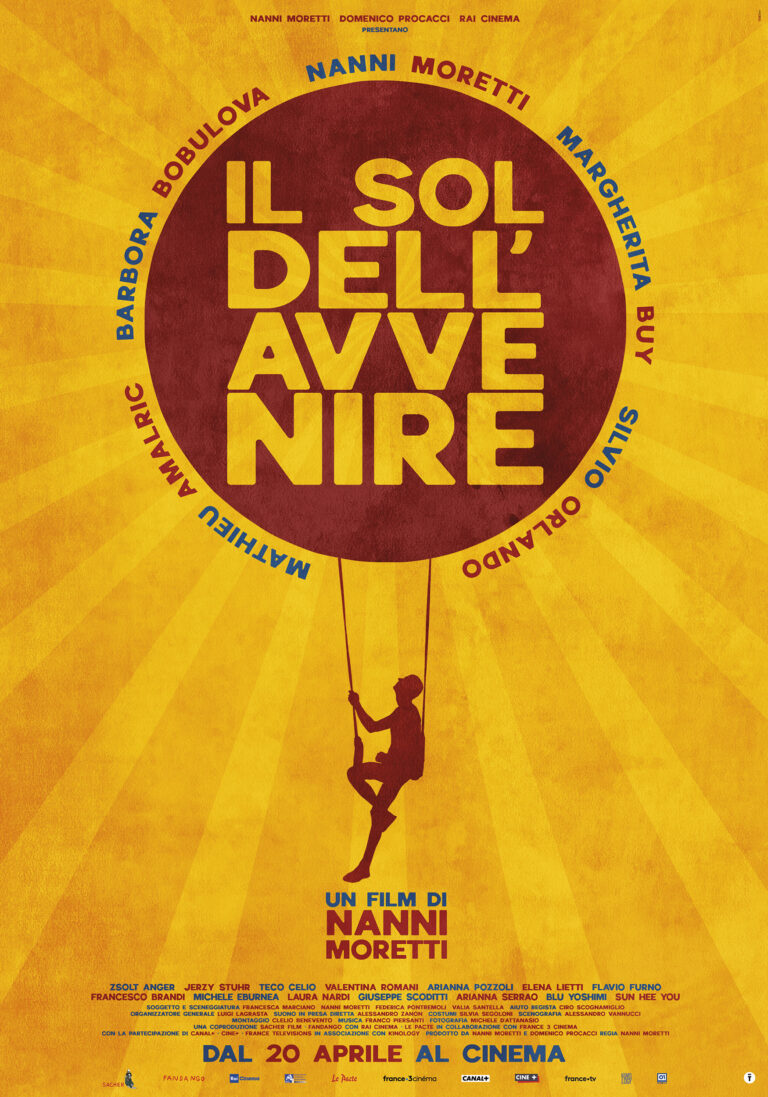
Vincere (English: To Win) is a powerful and haunting Italian biographical drama that delves into the little-known story of Ida Dalser, the first wife of Benito Mussolini. Directed by the acclaimed filmmaker Marco Bellocchio, the movie features standout performances by Giovanna Mezzogiorno as Ida Dalser and Filippo Timi in the dual roles of Benito Mussolini and Benito Albino Mussolini, their son. Bellocchio co-wrote the screenplay with Daniela Ceselli, creating a rich narrative tapestry that combines historical authenticity with emotional intensity. Released in Italy on May 22, 2009, Vincere was the only Italian film to compete at the prestigious 2009 Cannes Film Festival, where it garnered significant critical acclaim.
Awards and Recognition
The film received widespread recognition for its exceptional storytelling, performances, and technical mastery. At the 2009 Chicago International Film Festival, Vincere won an impressive four Silver Hugos, including:
- Best Actor for Filippo Timi,
- Best Actress for Giovanna Mezzogiorno,
- Best Director for Marco Bellocchio, and
- Best Cinematography for Daniele Ciprì.
In Italy, the movie was also celebrated with four Silver Ribbon Awards, winning in the categories of:
- Best Actress (Giovanna Mezzogiorno),
- Best Cinematography (Daniele Ciprì),
- Best Editing, and
- Best Art Direction.
Giovanna Mezzogiorno’s portrayal of Ida Dalser further earned her the prestigious National Society of Film Critics Award for Best Actress in 2010, cementing her place as one of the most compelling performers of the decade.
Synopsis: A Story of Love, Betrayal, and Tragedy
Vincere recounts the tragic and largely suppressed story of Ida Dalser, a passionate woman whose life became intertwined with one of history’s most controversial figures. In the early 1910s, Ida met Benito Mussolini, then a struggling and ambitious socialist agitator. Captivated by his charisma and ideals, Ida fell deeply in love with Mussolini and supported him financially during his years of unemployment, selling her belongings to fund his endeavors, including the launch of his newspaper, Il Popolo d’Italia.
Their relationship culminated in a marriage, likely around 1914, and the birth of their son, Benito Albino Mussolini. However, World War I marked the beginning of a tumultuous period in their lives. During the war, Ida lost contact with Mussolini. When she eventually found him again in a hospital, she made a shocking discovery: Mussolini had married another woman, Rachele Guidi, in 1915, with whom he had been living since 1910. Rachele and Mussolini also had a daughter together, further complicating Ida’s place in Mussolini’s life.
The Tragic Aftermath
As Mussolini rose to power and became the leader of the Italian Fascist regime, he sought to erase all evidence of his relationship with Ida Dalser and their son. Ida, who fiercely claimed her rightful status as Mussolini’s wife and the mother of his firstborn child, faced relentless persecution. The Fascist regime worked to suppress her story, labeling her a threat to Mussolini’s public image. Ida was forcibly committed to an asylum, where she remained until her death in Venice in 1937 at the age of 57, officially recorded as caused by brain hemorrhages.
Her son, Benito Albino, faced a similarly tragic fate. Despite his repeated attempts to assert his legitimacy as Mussolini’s son, he was also confined to an asylum. He died in 1942 at the age of 26, following years of mistreatment and coma-inducing injections administered by the regime.
Themes and Direction
Marco Bellocchio masterfully uses Vincere to highlight the devastating intersection of personal tragedy and political ambition. The film explores themes of love, betrayal, power, and the erasure of inconvenient truths in the face of historical narrative-building. Through Ida’s perspective, Vincere casts a critical eye on the cost of Mussolini’s rise to power, not just for Italy but for the individuals closest to him.
Bellocchio’s direction skillfully blends archival footage, dramatic reenactments, and operatic intensity to create a vivid and emotionally charged cinematic experience. The film is as much about Ida’s individual suffering as it is about the collective trauma inflicted by Fascism’s dehumanizing machinery.
Performances
Giovanna Mezzogiorno’s performance as Ida Dalser is a tour de force, portraying her as both a fiercely determined woman and a tragic victim of an oppressive regime. Filippo Timi’s dual roles as Mussolini and his son, Benito Albino, further underscore the generational impact of Mussolini’s decisions. His portrayal of Mussolini captures the dictator’s volatile charisma and ruthless ambition, while his depiction of Benito Albino highlights the son’s desperate yearning for recognition and dignity.
Legacy
Vincere stands as a poignant reminder of the human stories buried beneath political legacies. By shedding light on Ida Dalser’s life, the film challenges viewers to question the narratives presented by history and consider the lives lost or silenced in service of power.
Why Watch Vincere?
If you’re a fan of historical dramas that combine personal stories with larger political contexts, Vincere offers an unforgettable cinematic experience. The film’s haunting portrayal of Ida Dalser’s life, combined with its stunning visuals and gripping performances, makes it a must-watch for anyone interested in Italian history, Fascism, or stories of resilience in the face of overwhelming odds.





